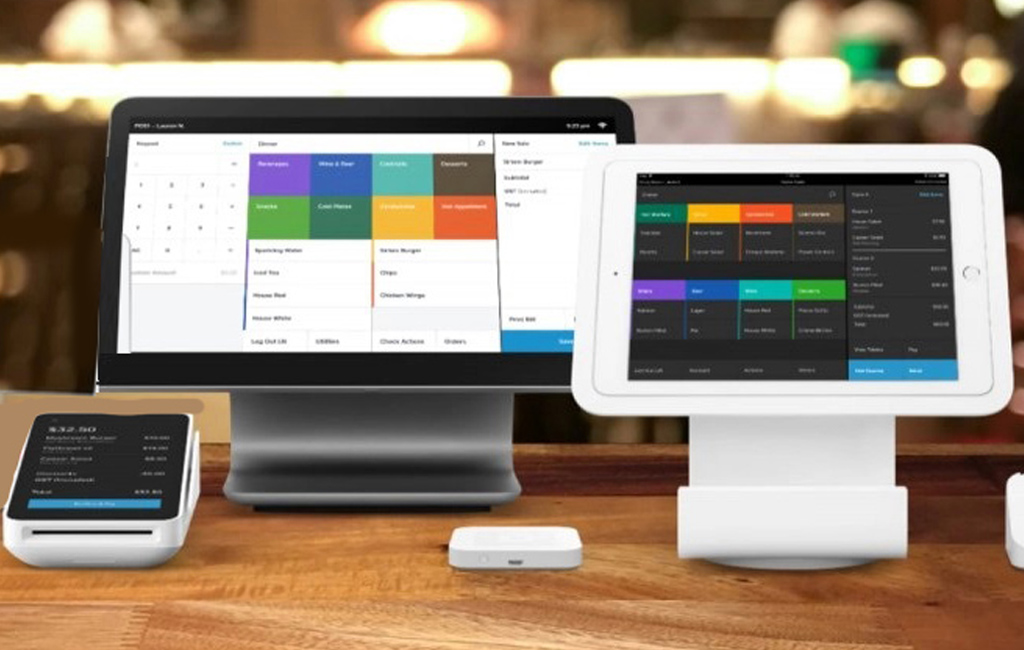Allow me to help you walk through all the essential functions your POS should perform. Each one purposing a solution to the particular business problem.
1. Quick Checkout
The POS system should provide a faster and smoother transaction process that allows the salesperson to close the sale immediately without going through any manual process. This works wonders for your customers as they don’t have to wait for too long and has a convenient purchase experience that brings them back to the store for future buying.
2. Various Payment options/channels
Your retail should be equipped with an advanced system that accepts all the payment methods, whether cash or cards. With a huge paradigm shift in how customers make payments, all the options including mobile payments should be included in the services provided by the POS. It can also offer a split method which means if your customer wants to pay partially through cash and gift cards/discount offers.
3. Inventory Tracking
An ideal POS system is not a mere payment register but works as an inventory management system. It overlooks and tracks the inventory as directly associated with the stock and gives alerts when fewer items are left so that the timely restoking can be done, without losing any sale.
4. Data Storage
Proper data storage is a must for a POS system. This data later helps in taking better business decisions like customer profiling and product demand. The POS with dashboards gives you an overview of the data stored and arranged in a sophisticated manner with proper stats and analytics. This function of the POS system makes it a perfect fit.
5. Mobility
It is a must for your selected POS to be mobile, which means you can access it from anywhere via any device having an internet connection and a browser. This mobility makes the sales process faster and hassle-free. Your salesperson can close the sale on the same floor through the iPad or mobile in real-time. Also, it does not put any restriction on the users to be on-site for data retrieving and access.
6. Reporting
Reporting is one of the most critical features that a good POS system must possess. The software extracts the information gathered from the customers, employees, and inventory and brings it out in a proper report so that the facts are understandable.This report helps the management to overlook the employee’s performance and engage your customer according to their buying patterns. Most importantly these reports give a clearer picture for the investments so that you know which product is the best seller and which one needs to be replaced.
7. Easy Instalment and upgradation
A POS that keeps the cost of installments and upgradation low is a great pick since it allows your business to put the same amount in the customization and add-ons. Adding to that, its regular upgradation should be manual but automated.
8. Customer facing displays
Customers should be able to witness their purchase and billing process live with a display. It ensures transparency and also gets the bills double-checked at the moment as a customer can point out any mistake if happens.
9. Addons/ Customization
A flexible POS allows you to design your POS system according to your business need. It gives you the liberty to add only those features which can add value to your business and make the customer experience better. The add-ons can be hardware or software both.
10. Customer Service
It is one of the most important features that should be a particular POS must-have. The modern-day POS system doesn’t require you have a bunch of technical experts on the site as the 24/7 customer support offered by the software providers. A timely customer service lets your business process run without any disruption and support at every stage, regarding any technical or non-technical issue.
